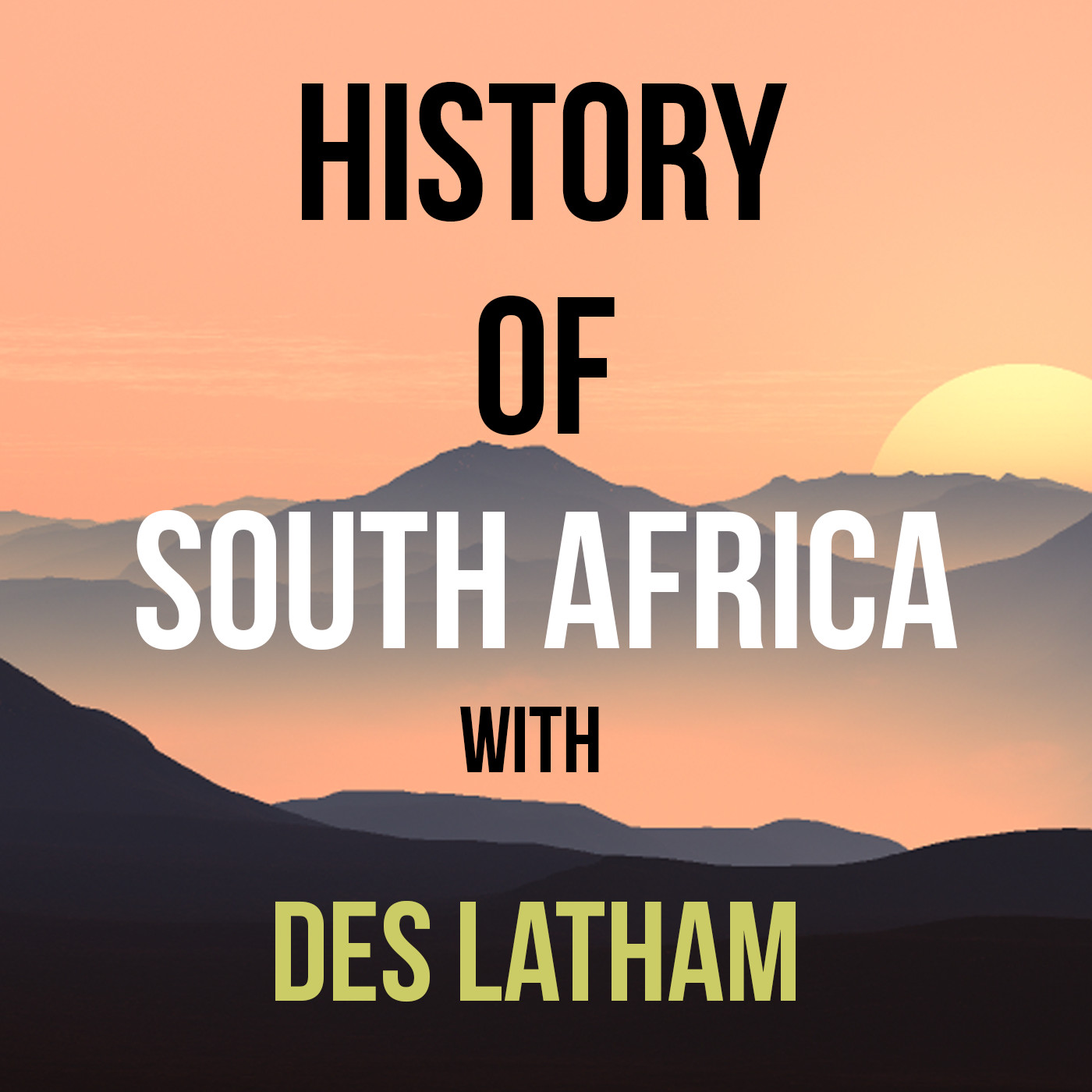- History
- SEE MORE
- classical
- general
- talk
- News
- Family
- Bürgerfunk
- pop
- Islam
- soul
- jazz
- Comedy
- humor
- wissenschaft
- opera
- baroque
- gesellschaft
- theater
- Local
- alternative
- electro
- rock
- rap
- lifestyle
- Music
- como
- RNE
- ballads
- greek
- Buddhism
- deportes
- christian
- Technology
- piano
- djs
- Dance
- dutch
- flamenco
- social
- hope
- christian rock
- academia
- afrique
- Business
- musique
- ελληνική-μουσική
- religion
- World radio
- Zarzuela
- travel
- World
- NFL
- media
- Art
- public
- Sports
- Gospel
- st.
- baptist
- Leisure
- Kids & Family
- musical
- club
- Culture
- Health & Fitness
- True Crime
- Fiction
- children
- Society & Culture
- TV & Film
- gold
- kunst
- música
- gay
- Natural
- a
- francais
- bach
- economics
- kultur
- evangelical
- tech
- Opinion
- Government
- gaming
- College
- technik
- Jesus
- Health
- movies
- radio
- services
- Church
- podcast
- Education
- international
- Transportation
- Other
- kids
- podcasts
- philadelphia
- Noticias
- love
- sport
- Salud
- film
- and
- 4chan
- Disco
- Stories
- fashion
- Arts
- interviews
- hardstyle
- entertainment
- humour
- medieval
- literature
- alma
- Cultura
- video
- TV
- Science
- en
Episode 138 - The yin and yang of Stretch and Bowker and the Grand Army of Natal marches again

The world was undergoing some other major changes \u2014 including the climate. Explosive volcanic eruptions late in the 1790s had led to vast quantities of dust being thrown in the stratosphere and this had a short term effect on temperatures around the world.
\n
\nNowhere on earth was safe \u2014 in southern Africa for example it had exacerbated droughts for most of the first three decades of the 19th Century. The fact that the Voortrekkers were being rained on in 1838 was something of a return to normal after the long dry.
\n
\nAccording to scientists, the most sustained period of stratospheric dust was between 1807 and 1830, precisely at the period dominated by Shaka and then Dingana in the eastern part of southern Africa. There is a very close link between history and climate.
\n
\nIn the northern hemisphere, records were tumbling. Unlike southern Africa there were summers of continuous rain up north, grain harvests failed completely in Germany, France and the British isles.
\n
\nWhen Tamboro exploded in Indonesia in 1815, it spread ash far and wide \u2014 and has now being blamed on what was being experienced by the northern hemisphere. A dust veil swept over the north, and distorted the normal wind patterns.
\n
\nIn the Eastern Cape, the drought patterns had complicated British Settler lives between 1821 and 1823 \u2014 a searing drought which drove most of the new farmers off their land \u2014 to become more embroiled in hunting and commerce.
\n
\nTree ring analysis shows how precipitously the climatic variation affected Zululand in particular in the first two decades of the 19th Century. While this was not the main reason that the powerhouses of the AmaZulu became so centralised, it was all part of the cause of the social and political changes.
\n
\nBy the 1830s the introduction of new farming techniques around Port Natal or what was now being called Durban was a revolution \u2014 I\u2019ve mentioned this in earlier podcasts and for good reason. Crop cultivation had increased and surpluses were reported \u2014 the growth of the large black peasant society in Natal during the first half of the 19th Century was a significant event.
\n
\nDingana was outraged by how the former refugees that had fled his rule had apparently appeared to be prefer to live around the Port than return to Zululand. The fact that he had taken to burning down the umizi of chieftans he didn\u2019t like didn\u2019t help his cause either. So the English traders who were now taking up arms against him weren\u2019t just an irritation, they were becoming a centre of power that threatened the Zulu king\u2019s power ethos.
\n
\nWhile the Boers were considering their next moves, planning to conquer Dingana, the British further south were facing a conundrum. If they left the Voortrekkers to do what they wanted, there was every chance that the interior of southern Africa would become more unstable rather than less.
\n
\nSome may find this difficult to comprehend, but back in the late 1830s the expansion of the trekkers throughout the interior was thought of as a threat not a stabilising factor by the English authorities. They didn\u2019t see it as christians subduing the heathens, rather as unrestrained expansionism by a group of people that were not under their control.
\nAnother major event shook the eastern Cape in 1838, Andries Stockenstrom was going to resign \u2014 for the second time after he\u2019d taken off back home to Sweden in the previous decade.
\nAs Stockenstrom bade his eastern frontier adieu, he was replaced by a military man called Colonel John Hare who arrived in 1838 with a kind of defeatist attitude, and was almost immediately out of his depth. He relied on information from two sources who were like yin and yang. These two chaos-ridden forces were Charles Lennox Stretch and John Mitford Bowker.
\nMeanwhile, the English traders in Durban were planning was an attack on Dingana\u2019s umizi for a second time, their first had gone so well and they were supposed to be coordinating their military manoeuvres with the Boers.